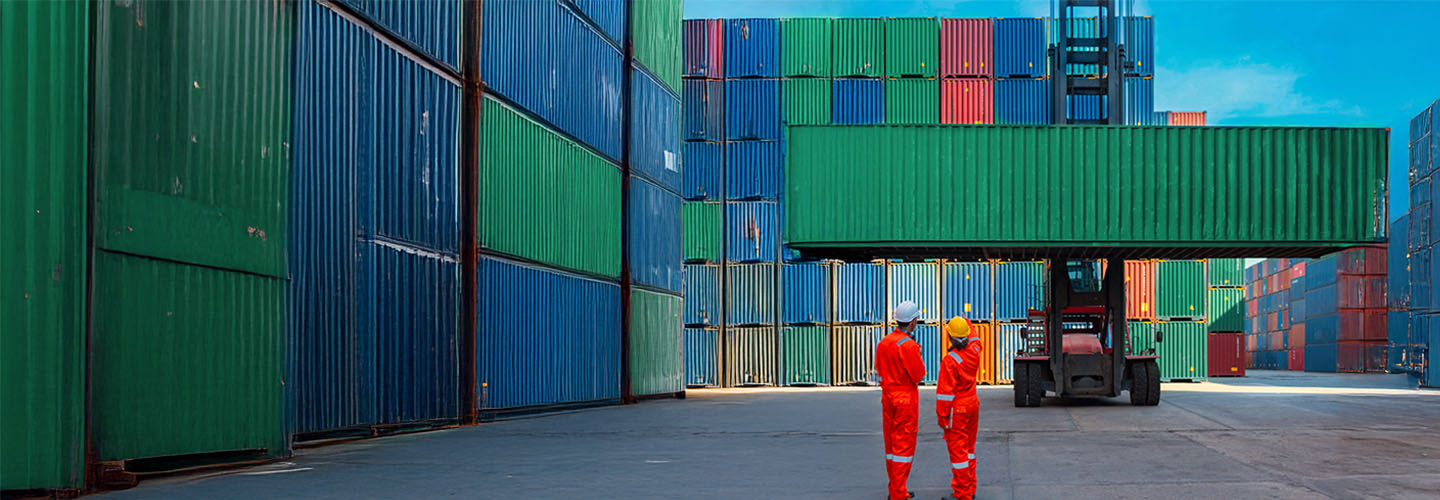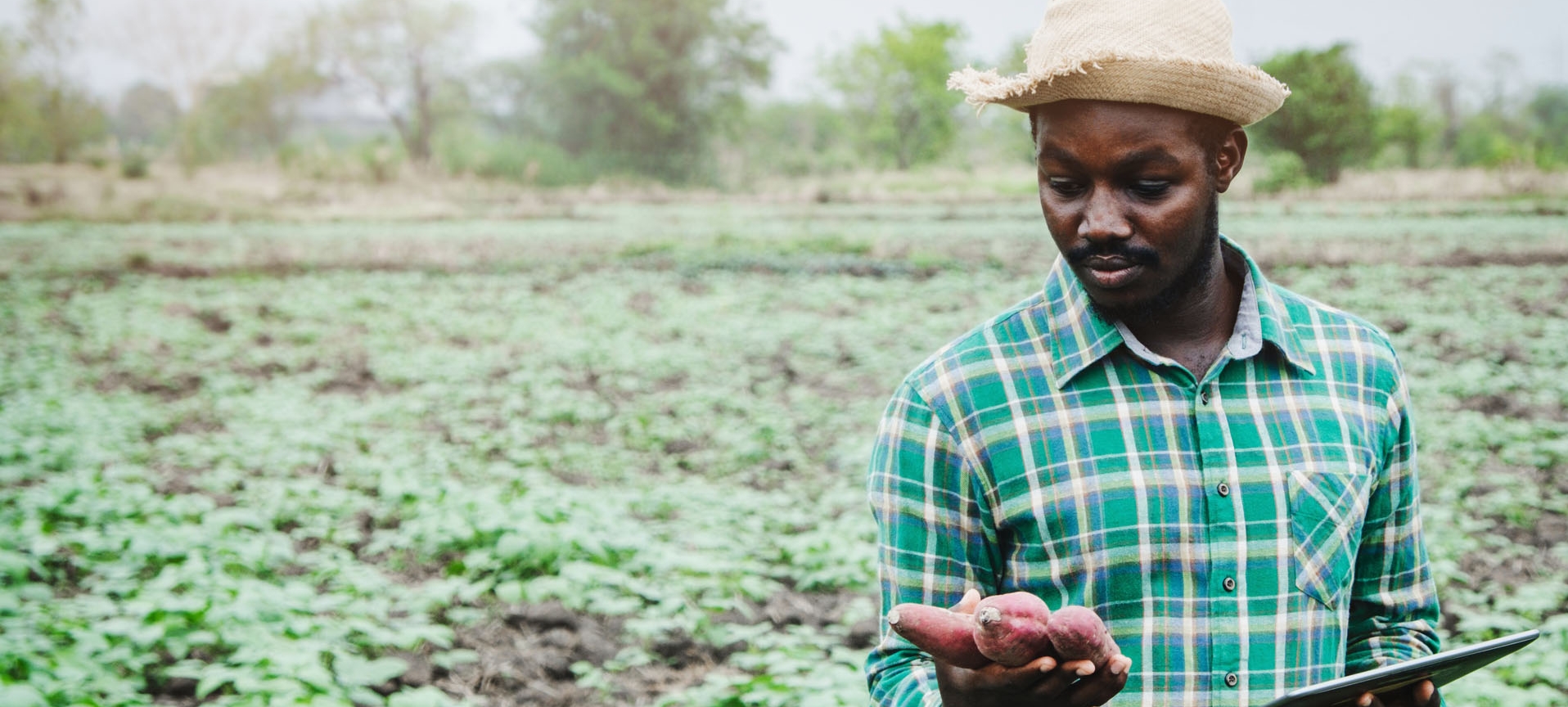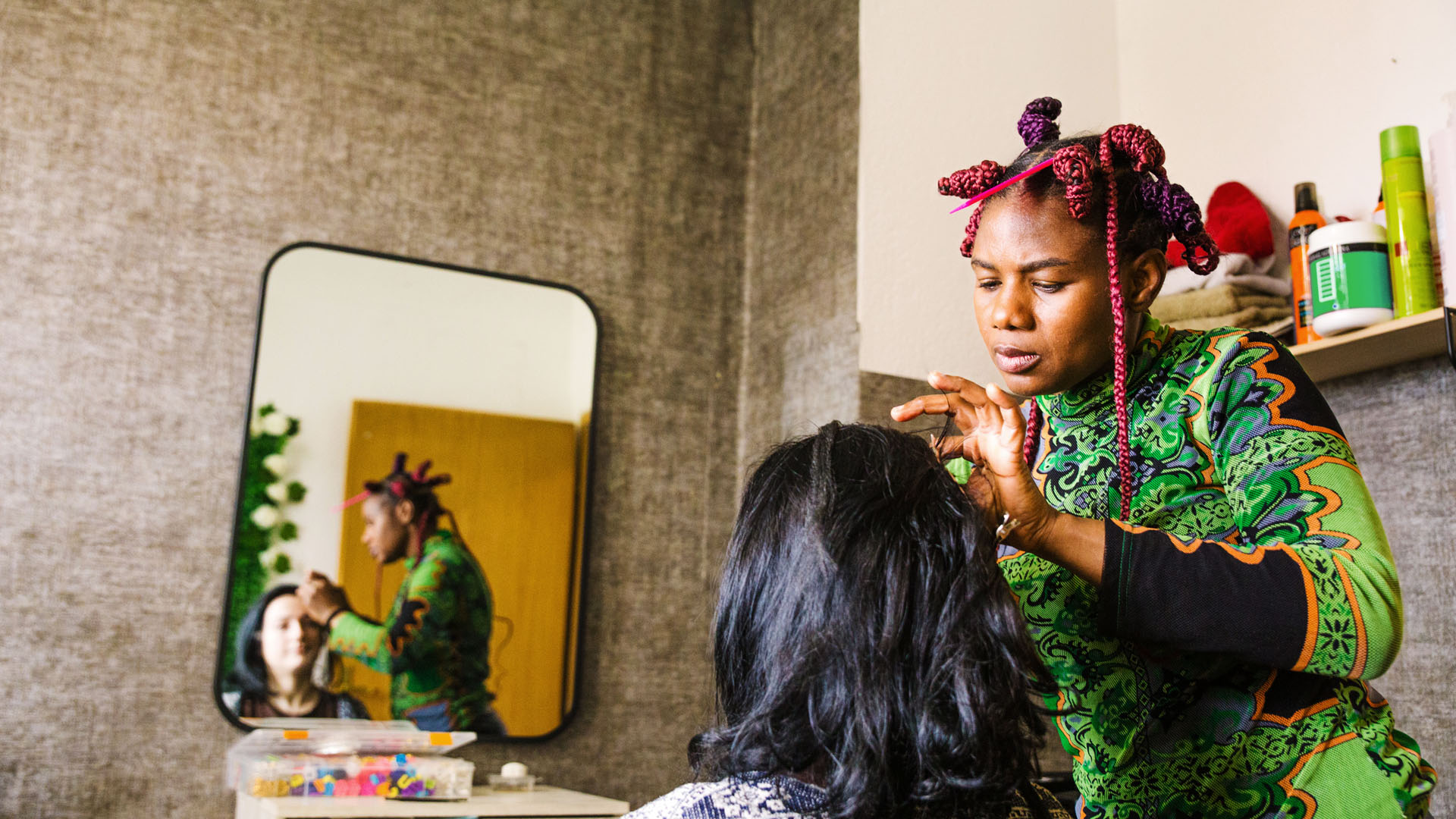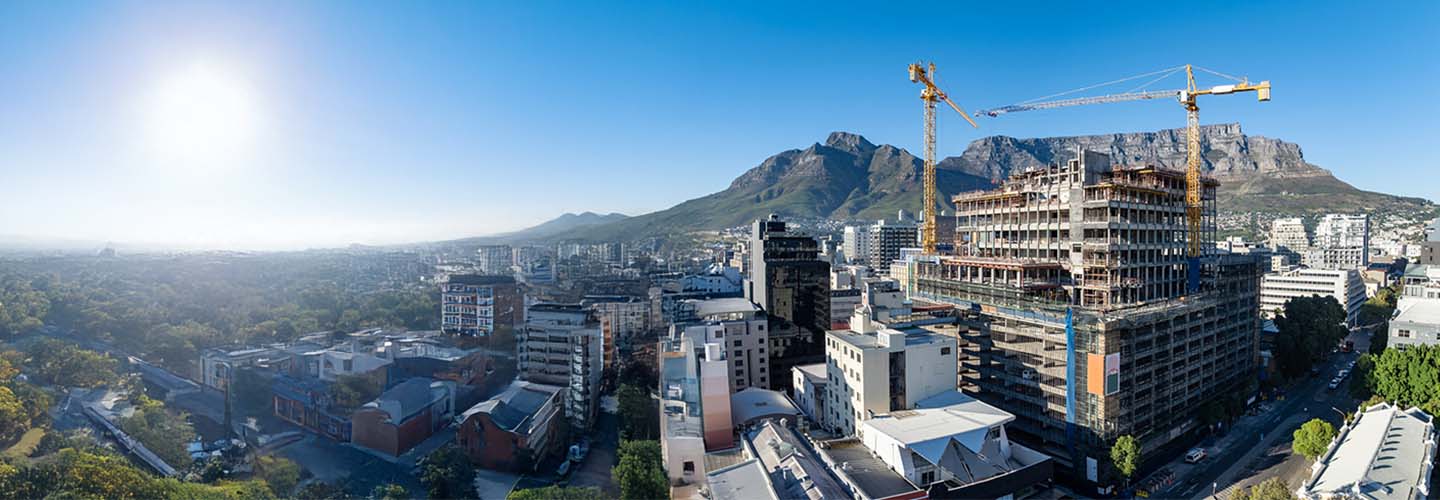Bank your way with low fees and extra benefits.
Enjoy 55 days’ interest free credit and other benefits.
Bank on any device, from anywhere at anytime.
Buy foreign banknotes, transfer funds or shop globally with a travel card.
Affordable loans and interest rates from R2k to R400k.
Buy or build your home with up to 109% financing to cover bond and transfer costs.
Debt management support when you need it the most.
Cover for you and your family in the event of death.
Car, building, house contents, valuables and more.
Bond, credit card, overdraft, loan and car repayments.
Guaranteed income and growth plans for future income.
Achieve your financial goals with expert planning.
We’ll help manage your assets, debts and estate planning.
Let our experts guide you on any financial matter.
Accounts
-
Everyday banking Simpler more affordable
-
Kids accounts For children under 16
-
Youth banking For 16 to 26 year olds
-
Seniors accounts For 55 years and older
-
Private Clients Personalised banking services
-
Private Wealth The globally integrated account
Credit cards
Greenbacks
Switch to Nedbank
Fraud awareness
Forex
-
Send and receive international payments -
Get foreign banknotes and travel cards| Nedbank - Forex rates | Nedbank
- Send and receive international payments
-
Apply for a foreign currency account | Nedbank
Accounts
-
On demand Money available at any time
-
In 24 hours Cash in your hand the next day
-
In 32 days Funds ready within a month
-
End of term Investments left until maturity
Share trading
Secure investments
Investment services
Personal loans
Home loans
-
Buy With you from search to purchase
-
Build Bring your dream home to life
-
Switch Move your home loan to us
-
Manage All the value-adds, 24/7
-
Further lending Flexible and affordable solutions
Overdrafts
Vehicle finance
Solar finance
Debt assistance
- Flexible payment plans for loans and credit | Nedbank
- Consolidate all your debts into a simple loan
- Short-term payment relief | Nedbank
- Take charge and restructure your finances | Nedbank
- Assisted-sales solutions for homes and vehicles | Nedbank
- Understanding how repo rate works | Nedbank
- We have payment solutions to get you back on track
Funeral cover
Short-term insurance
Credit Life
Travel insurance
Business cover
Secure investments
Financial planning
Estate, wills & trust services
Nedbank Private Wealth
Speak to a financial adviser
Rewards and benefits
See prepaid bundles
Check roaming coverage
Frequently asked questions
Check NedFinHealth score
Chat to Enbi
Contact us
Find a branch
Read our blog
- Login & Register
- Online Banking
- Online Share Trading
- NetBank Business
- NedFleet
- Nedbank Greenbacks
- Nedgroup Investments
- Nedbank ID
- Bank
- Accounts
- Credit cards
- Greenbacks
- Digital banking
- Switch to Nedbank
- Fraud awareness
- Forex
- Explore Bank
- Accounts
- Everyday banking
- Kids accounts
- Youth banking
- Seniors accounts
- Private Clients
- Private Wealth
- See all accounts
- Premium banking
- Get help choosing
- Goal saving
- Family Banking
- Foreign nationals
- FAQ
- How-to guides
- Discontinued accounts
- Everyday banking
- MiGoals Premium
- MiGoals Plus
- MiGoals
- Kids accounts
- MiGoals4Kids
- Youth banking
- Unlocked.Me
- MiGoals Premium
- MiGoals
- MiGoals Plus
- Seniors accounts
- MiGoals Premium Senior
- MiGoals Plus
- Tailored banking for seniors | Nedbank
- Private Clients
- Pay-as-you-use
- Young Professionals
- Private Bundle and Private One
- Private Bundle
- Private One
- Private One | Young
- Private Bundle | Young
- Private Wealth
- Private Wealth Bundle
- American Express
- Amex Gold
- Amex Platinum
- Greenbacks
- Exclusive discounts
- FAQ
- How-to guides
- Digital banking
- Resume application
- Resume application
- Switch to Nedbank
- Fraud awareness
- Forex
- Send and receive international payments
- Get foreign banknotes and travel cards| Nedbank
- Forex rates | Nedbank
- Send and receive international payments
- Apply for a foreign currency account | Nedbank
- Send and receive international payments
- Safe and secure incoming international payments
- Secure outgoing international payments
- To Africa
- Get foreign banknotes and travel cards| Nedbank
- Apply for a Travel Card | Nedbank
- Buy foreign bank notes | Nebank
- Forex rates | Nedbank
- Send and receive international payments
- Apply for a foreign currency account | Nedbank
- Foreign Currency Account Application
- On demand
- JustSave
- Group Savings
- In 32 days
- 32Day Notice
- End of term
- Tax-free Fixed Deposit
- Electronic Fixed Deposit
- Electronic Optimum Plus
- Platinum Fixed Deposit
- Fixed Deposit
- OptimumPlus
- Share trading
- Secure investments
- Guaranteed Income Plan
- Guaranteed Growth Plan
- Call me back
- Get a call back
- Explore MyCover Funeral
- Guaranteed Income Plan
- Guaranteed Growth Plan
- Call me back
- Investment services
- Borrow
- Personal loans
- Home loans
- Student loans
- Overdrafts
- Vehicle finance
- Solar finance
- Debt assistance
- Explore Borrow
- Personal loans
- Loan consolidation
- Personal loans
- Home improvement loan
- Explore loans
- FAQ
- How to guides
- Loan consolidation
- Personal loans
- Home improvement loan
- Home loans
- Buy
- Build
- Switch
- Manage
- Further lending
- Explore home loans
- Request a call back
- Track application
- FAQ
- How to guides
- Buy
- Explore buy
- First time home buyer
- Repeat buyer
- Renewable energy financing
- HomeVision
- Home-buying Toolkit
- Edge properties
- Repossessed properties
- Switch
- Explore switch
- Further lending
- Explore further lending
- Student loans
- Explore student loans
- Overdrafts
- Vehicle finance
- Solar finance
- Debt assistance
- Flexible payment plans for loans and credit | Nedbank
- Consolidate all your debts into a simple loan
- Short-term payment relief | Nedbank
- Take charge and restructure your finances | Nedbank
- Assisted-sales solutions for homes and vehicles | Nedbank
- Understanding how repo rate works | Nedbank
- We have payment solutions to get you back on track
- Flexible payment plans for loans and credit | Nedbank
- Consolidate all your debts into a simple loan
- Short-term payment relief | Nedbank
- Take charge and restructure your finances | Nedbank
- Assisted-sales solutions for homes and vehicles | Nedbank
- Understanding how repo rate works | Nedbank
- We have payment solutions to get you back on track
- Insure
- Life cover
- Funeral cover
- Short-term insurance
- Credit Life
- Travel insurance
- Business cover
- Secure investments
- Explore Insure
- Life cover
- Get a call back
- Explore MyCover life
- Funeral cover
- Individual R10,000
- Individual R30,000
- Family Cover
- Build your own cover
- Get a call back
- Explore MyCover Funeral
- Individual R10,000
- Individual R30,000
- Family Cover
- Build your own cover
- Short-term insurance
- Vehicle insurance
- Building insurance
- House contents insurance
- Valuables insurance
- Alternative energy insurance
- Legal expenses | Nedbank Insurance
- Get a call back
- Explore MyCover short term insurance
- Vehicle insurance
- Building insurance
- House contents insurance
- Valuables insurance
- Alternative energy insurance
- Legal expenses | Nedbank Insurance
- Credit Life
- Home loan credit life
- MFC Vehicle Finance Assurance
- Overdraft Assurance
- Balance Protection Plan
- Personal loan Assurance
- Get a call back
- Explore credit life
- Home loan credit life
- MFC Vehicle Finance Assurance
- Overdraft Assurance
- Balance Protection Plan
- Personal loan Assurance
- Travel insurance
- Business cover
- Secure investments
- Guaranteed Growth Income Plan
- Guaranteed Growth Plan
- Get a call back
- Explore MyCover Funeral
- Guaranteed Growth Income Plan
- Guaranteed Growth Plan
- Plan
- Financial planning
- Estate, wills & trust services
- Nedbank Private Wealth
- Speak to a financial adviser
- Explore Plan
- Financial planning
- Investment planning
- Insurance planning
- Give
- Retirement planning
- Investment planning
- Insurance planning
- Give
- Retirement planning
- Estate, wills & trust services
- Will drafting
- Ensure your estate is managed by an executor | Nedbank
- Trust services
- Financial accounting
- Tax services
- Leave the admin of your estate to us, and not to your loved ones | Nedbank
- Will drafting
- Ensure your estate is managed by an executor | Nedbank
- Trust services
- Financial accounting
- Tax services
- Leave the admin of your estate to us, and not to your loved ones | Nedbank
- Nedbank Private Wealth
- Speak to a financial adviser
- Nedbank Connect
- Rewards and benefits
- See prepaid bundles
- Check roaming coverage
- Frequently asked questions
- Explore Nedbank Connect
- Rewards and benefits
- See prepaid bundles
- Check roaming coverage
- Frequently asked questions
- Help Centre
- Check NedFinHealth score
- Chat to Enbi
- Contact us
- Find a branch
- Read our blog
- Explore Help Centre
- Check NedFinHealth score
- Chat to Enbi
- Contact us
- Find a branch
- Read our blog
- Everything you need to know about student loans
- Can gaming make your kid a budding financial expert?
- Airline inconveniences: Can you get compensation?
- Need to travel urgently? A personal loan could
- Everything you need to know about student loans
- Can gaming make your kid a budding financial expert?
- Airline inconveniences: Can you get compensation?
- Need to travel urgently? A personal loan could
What can South Africans do about water scarcity?
What can South Africans do about water scarcity?
Staff writer
4 mins
There’s a growing global water crisis, but you can help.
Water is a renewable resource, covering around 70% of our planet, but we’re currently facing a global freshwater shortage. According to the United Nations Environment Programme, environmental degradation is weakening the earth’s capacity to supply clean water to communities, contributing to a global water crisis. Climate change, overuse, and pollution are destroying wetlands, peatlands, forest watersheds, rivers, and groundwater sources, and these natural systems that provide clean water are vanishing rapidly.
UN statistics show that more than 50% of the world’s population – about 4 billion people – face water shortages for at least 1 month a year. By 2025, an estimated 1.8 billion people may face what the UN Food and Agriculture Organization calls ‘absolute water scarcity’.
Water scarcity in South Africa
South Africa already faces a severe water crisis, with many people lacking access to clean water and sanitation, which has a negative effect on education and public health. Many schools, especially in rural areas, face unreliable water supplies and unsafe toilets, leading to high absenteeism and serious health risks.
More than 30% of SA’s water systems are reportedly unsafe, and 40% of our wastewater plants are in urgent need of repairs and maintenance. The government has estimated that it needs around R30 billion a year to fix these issues, and it is working with the private sector to address them. So far, they have launched initiatives to streamline water management, reduce losses, and involve private companies in building and maintaining infrastructure.
These reforms aim to combine resources and improve efficiency to develop modern sanitation facilities and ensure consistent water supply, but municipal dysfunction remains a challenge. Community engagement and corporate social responsibility are essential to ensuring that local authorities can create a sustainable, reliable water supply for all South Africans.
Nedbank’s commitment to environmental sustainability
We believe in using Nedbank’s expertise and platform to make a positive impact. Through the Nedbank Foundation, we support meaningful social and environmental initiatives by providing funding and strategic guidance to causes that matter.
Innovations in water treatment
Over the past few years, we have partnered with Kusini Water, a remarkable organisation founded by innovative entrepreneur Murendeni Mafumo, who is dedicated to bringing clean water to all corners of SA. Kusini currently purifies 8 million litres of water a month, with a mission to deliver clean water to 5 million people by 2027 and expand across Africa by 2030.
Kusini’s unique water purification system uses solar power, macadamia nut shells (a recycled agricultural waste product), and nanotechnology to provide safe drinking water to communities that don’t have municipal supply. Kusini joins forces with local businesses, non-governmental organisations, sponsors, and government entities to bring solar-powered water filtration to schools, clinics and informal settlements, ensuring that more South Africans have access to clean water.
The initiative has a strong entrepreneurial element, supporting the establishment of small businesses to supply local communities with clean, affordable drinking water while generating an income and creating employment.
We want the vision of a global sustainable water supply to be more than a pipe dream
Kusini Water's main mission has been to create a network of local water champions and stewards receiving both soft and hard technical skills to run and operate water systems for their communities. Outcomes include developing new methods and models to distribute water for communities with no access, while creating water skills and employment through a series of water points or partner placement.
In Hammanskraal, Gauteng, Limpopo’s Khalavha village, and other water-impoverished communities, Kusini has already created more than 80 water point kiosks and 122 jobs. These meaningful outcomes demonstrate the existing potential to use innovation and collaboration to turn the looming water crisis into opportunities for sustainable social and economic transformation.
Top 10 things you can do to help ease water scarcity
You might think you can’t make any significant contribution to solving global issues, but small amounts add up. A dripping tap will still fill a bucket, eventually. The Nedbank Water Savings Guide shows you how some simple changes can add up to make a real difference. Together, we can tackle challenges like water scarcity.
Here are some ways in which you can make a difference:
1. Help provide clean water
Support initiatives that deliver clean water to communities in need, locally or globally.
2. Protect water quality
Use water purification systems on wastewater to avoid polluting natural water sources.
3. Harvest rainwater
Install JoJo or similar water tanks to collect rainwater at home for household and garden use.
4. Help build climate resilience
Plant trees and practise soil conservation to cool ground surface temperatures, which helps the soil retain more water and adapt to climate change.
5. Use water effectively
Practise water-saving habits like taking shorter showers, fixing leaks, using more water-efficient technology like low-flow showerheads in your home, and advocating for water-efficient technology in public infrastructure.
6. Reduce pollution
Avoid waste disposal in freshwater sources and support policies that prevent water pollution.
7. Promote community water management
Join local water management initiatives and support community efforts to manage and maintain water infrastructure.
8. Advocate and educate
Share as much information as possible about water scarcity – and how to reduce it – with friends, family, and your community.
9. Participate in and initiate community clean-ups
Join local community initiatives to clean up rivers, dams, and other water sources. If there aren’t any in your area, why not get some community members together and start your own?
10. Choose sustainable products
Support businesses and products that prioritise conservation and sustainability. Look for certifications and labels indicating water-conscious production processes.
At Nedbank, we want the vision of a global sustainable water supply to be more than a pipe dream. Access to clean drinking water is a basic human right, and we all have a responsibility to conserve our environment.








